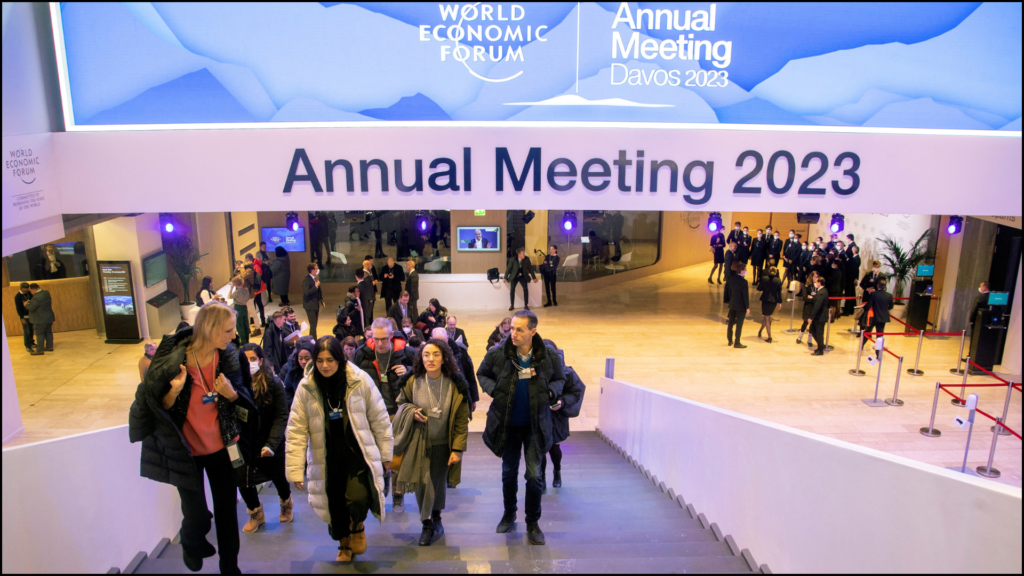The global economy is poised for a slowdown in 2024, with an anticipated increase in geo-economic fragmentation, according to a recent survey by the World Economic Forum (WEF). The survey, involving chief economists from various sectors, reveals a cautious outlook for the upcoming year.
Global Economic Challenges
As per the latest Chief Economists Outlook from the WEF, 56 percent of chief economists anticipate the global economy to decelerate in 2024. The report underscores the ongoing challenges faced by the global economy, including tight financial conditions and the rapid advancement of generative artificial intelligence.

Mixed Economic Forecasts
The survey report presents a mixed picture: 43 percent of chief economists expect unchanged or stronger economic conditions in 2024, while a significant 70 percent believe that geo-economic fragmentation will escalate during this period. Saadia Zahidi, managing director at the WEF, emphasized the precarious nature of the current economic environment and the urgent need for global cooperation to foster sustainable and inclusive economic growth.
Regional Economic Outlooks
The report also sheds light on regional economic prospects:
- In the Middle East and North Africa, economic growth is slightly weakened due to uncertainty about the Israel-Hamas conflict and its implications. However, 61 percent of economists still foresee moderate or stronger growth in the region.
- South Asia and East Asia-Pacific regions show more optimism, with 93 percent and 86 percent of economists, respectively, predicting at least moderate growth.
- In contrast, the outlook for Europe has significantly weakened, with 77 percent of respondents expecting weak or very weak growth.
- The United States also faces potential economic challenges, with 43 percent of economists predicting a slowdown.
AI and Economic Divides
The impact of generative artificial intelligence is expected to be uneven across different income groups. While 79 percent of participants believe that AI will enhance efficiency in high-income economies, the benefits for low-income economies are less certain, with only 53 percent anticipating significant productivity benefits over the next five years.

Conclusion
The WEF’s survey provides a crucial insight into the economic expectations for 2024, highlighting potential challenges and regional disparities. The emphasis on geo-economic fragmentation and the impact of technological advancements like AI indicate a complex and evolving economic landscape, requiring concerted global efforts for stability and growth.












